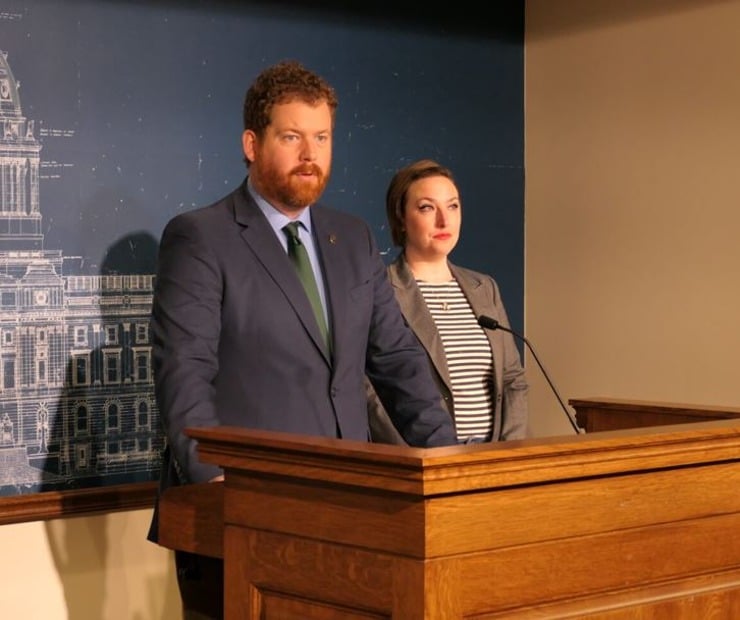Sports Betting
Minnesota Sports Betting Will Have To Wait Until 2025 After Legislative Session Ends Without Vote

Minnesota sports betting will have to wait until 2025 after the legislative sessions ended on Sunday, May 19. Although the House voted to convene on Monday, May 20 at 10 a.m., the Senate is adjourned for the session.
Minnesota sports betting bill called for a 20% tax rate for licensed operators, restrictions on college and in-game bets
House Rep. Zack Stephenson (DFL-Coon Rapids) sponsored the sports betting bill. Under Stephenson’s bill, Minnesota 11 tribal nations would have had exclusivity for retail and digital wagering.
However, the state’s two race tracks opposed the annual payout of $625,000 in Stephenson’s bill. By federal law, the tribes already have exclusivity to licensed gambling and brick-and-mortar casinos.
Additionally, Stephenson’s proposal would have permitted sports wagering with restrictions on college and in-game bets and on push notifications.
Earlier this month, horse track regulation proposal HF-5274 was combined with the sports wagering language from HF-2000. The committee adopted a delete-all amendment to make the changes in efforts to push for legalized betting. Stevenson argued that legalized sports betting would help discourage illegal wagering in an unregulated market.
“It is unlawful to engage in sports betting in Minnesota today, and it happens every single day in extreme amounts,” Stephenson said. “We will be transitioning people from the black market into a legitimate marketplace.”
The House Ways and Means Committee adopted changes to HF-5274 on May 10, in order to keep the legalization of sports betting alive. The added language from HF-2000 into HF-5274 also called for a 20% tax rate for licensed operators, such as FanDuel and DraftKings.
Pari-mutuel wagering was not included in HF-5274
Furthermore, Stephenson did not include pari-mutuel wagering in HF-5274 because it would likely hurt the “economic viability” of the state’s two horse racing tracks.
Approval of the bill would have allowed the state to collect taxes on all sports wagers to help fund and treat problem gambling.
Other portions of the tax revenue collected would have been used to fund purse supplements of $625,000 annually at the tracks: 72% would go to Canterbury Park and 28% to Running Aces.
Moreover, the bill would have appropriated $8.32 million in fiscal year 2025 to the Department of Public Safety. It would have helped establish and regulate mobile sports betting and fantasy contests.
Estimated appropriations in the years ahead were projected to be $5.49 million in fiscal year 2026 and $5.47 million annually beginning in fiscal year 2027.
In the end, Minnesota gamblers will have to wait until 2025 for legal betting apps.
“We’re going to come up just short on the sports betting bill this year,” Stephenson posted late Sunday night on social media. “But in the last few days we proved that we could find a deal that all the major stakeholders could live with. Tribes, tracks, charities… That’s meaningful progress that can be a foundation for the future.”











